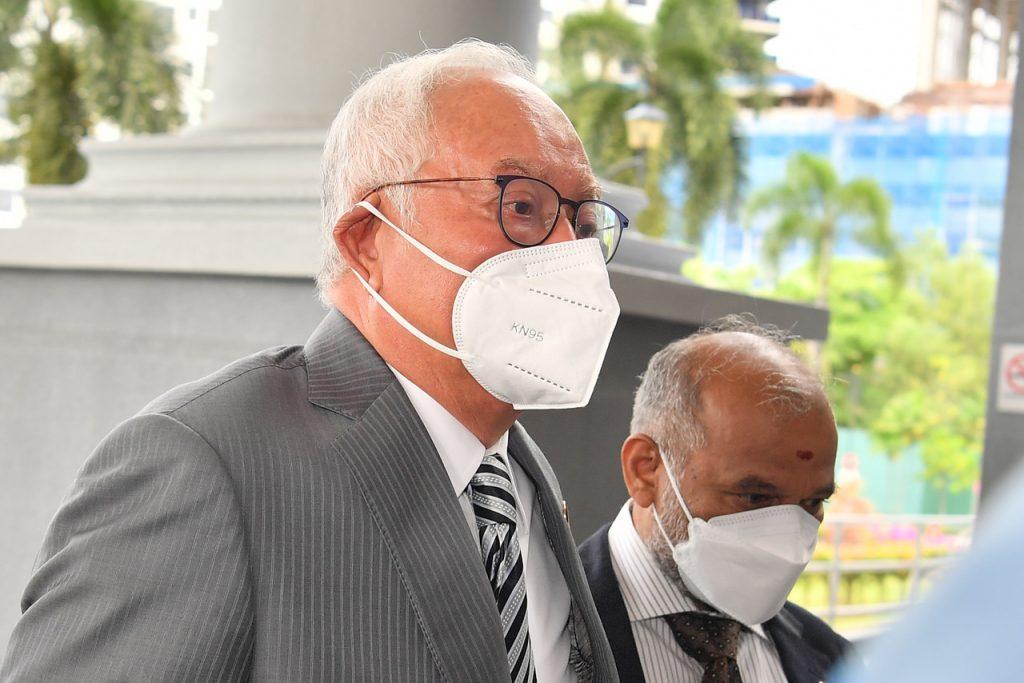Bar allowed as ‘friend of the court’ in tax appeal by Najib and son
The Malaysian Bar had offered its lawyers as 'amicus curiae' to present arguments and views to assist the court in reaching an appropriate decision.
The Federal Court has granted the application by the Malaysian Bar to be an “amicus curiae” or friend of the court in the appeal proceedings filed by Najib Razak and his son Mohd Nazifuddin regarding the payment of income tax amounting to RM1.69 billion and RM37.6 million respectively to the Inland Revenue Board (LHDN).
Lawyer Wee Yeong Kang representing Najib and Nazifuddin, when contacted, said the Malaysian Bar’s application was granted on Oct 21.
Based on the letter dated Oct 13 sent to the Federal Court, the Malaysian Bar applied for the court to allow eight of its lawyers to be admitted as “amicus curiae” to hear the appeal.
The Bar in the letter, among others, stated that the case involved an important constitutional issue on whether Section 106 (3) of the Income Tax Act 1967 contradicts or contravenes Article 121 of the Federal Constitution, and asked the court to accept its lawyers as “amicus curiae” to present arguments and views to assist the court in reaching an appropriate decision.
Wee said during the online case management today, deputy registrar Rasidah Roslee set Feb 16, 2022, for the hearing of the appeal proceedings.
Najib and Nazifuddin filed a notice of motion to the Federal Court seeking leave to appeal against the decision of the Court of Appeal dismissing their appeal to set aside the High Court’s decision on the payment of the tax.
On Sept 9, the Court of Appeal upheld the High Court’s decision allowing LHDN’s application for a direct judgment to claim tax arrears of RM1.69 billion from Najib and RM37.6 million from Nazifuddin.
A direct judgment is when the court decides a particular case through an argument without hearing the testimony of witnesses at the trial.
Subscribe to our newsletter
To be updated with all the latest news and analyses daily.
